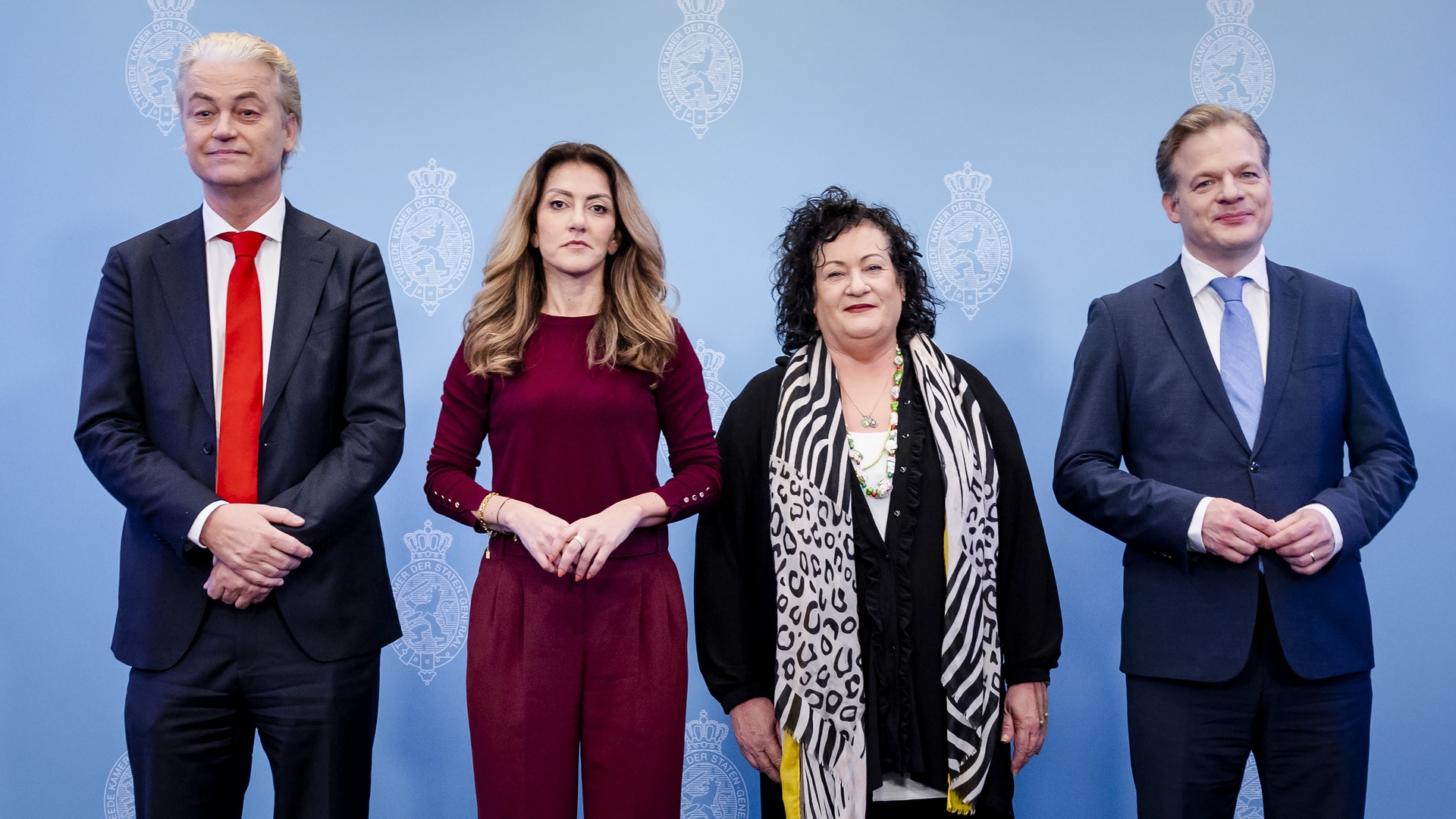today
•
Reading time 3 minutes
3391 Views
•

Thanks to the incoming government led by Geert Wilders' far-right Freedom Party, reading it anywhere in Europe will become as expensive as it is in the Netherlands. The coalition of PVV, VVD, NSC and BBB wants to increase the value-added tax on books and newspapers to 21 percent. The increased tax represents a new attack on thought in a country that already suffers from twice the number of readers compared to other Western countries.
The About Books social media account provides a summary of the VAT rate on books in other European countries. So far, the low rate of 9 percent applies in the Netherlands – although it is more expensive than in other countries – but it will be increased significantly. For example, a rate of 6 percent applies in Belgium, 7 percent in Germany, and 5.5 percent in France. In the United Kingdom, Ireland and Norway, reading does not require VAT at all. Wilders' fellow neo-fascists, the Italian Meloni and the Hungarian Orbán, would not even go so far as to raise book prices that high. Value-added tax is charged there at 4 and 5 percent, respectively. After the Netherlands, it is more expensive to buy books in the Czech Republic and Austria, where the value-added tax is 10 percent. In addition to books, the increased VAT rate also applies to newspapers and magazines.
The ridiculous increase in VAT is even more devastating because the Netherlands is already behind in reading skills compared to other Western countries. In December last year, for example, it was found that one in three 15-year-old Dutch children did not know how to read and write well enough to perform well in school and society. In comparison, the average proportion of poor readers is 24% in Europe and 27% in OECD countries. In addition, the number of poor readers in the Netherlands is increasing sharply; This proportion was “only” 24% in 2018, which is the European average.
In 2022, the Netherlands was also one of the countries where the performance of the weakest and strongest readers differed significantly. The gap in reading skills between weak and strong readers is larger in the Netherlands than in almost all Western countries. In 2012, shortly after the start of successive, years-long Liberal Party governments led by Mark Rutte, this was not yet the case. At that time, the distribution of scores between very strong and very weak readers showed less variation than in most other countries. Increasing the VAT on books will cause further division. Access to books and newspapers is becoming more difficult for low-income people.
The far-right's attack on thought is clearly visible elsewhere. This means that the late student's fine will be refunded. Students must pay three thousand euros additional tuition fees if they delay their bachelor's or master's degree by more than one year. This will create an additional barrier, especially for students from less affluent families, to start studying at all. Science is also being challenged. The PVV, BBB, NSC and VVD want to eliminate funding (€215 million per year) for national sector schemes, where universities hold joint agreements on teaching and research. The Research and Science Fund should provide 1.1 billion euros in the coming years. The National Growth Fund, which was supposed to boost the knowledge economy, has already stalled and will remain so.

Avid music fanatic. Communicator. Social media expert. Award-winning bacon scholar. Alcohol fan.

